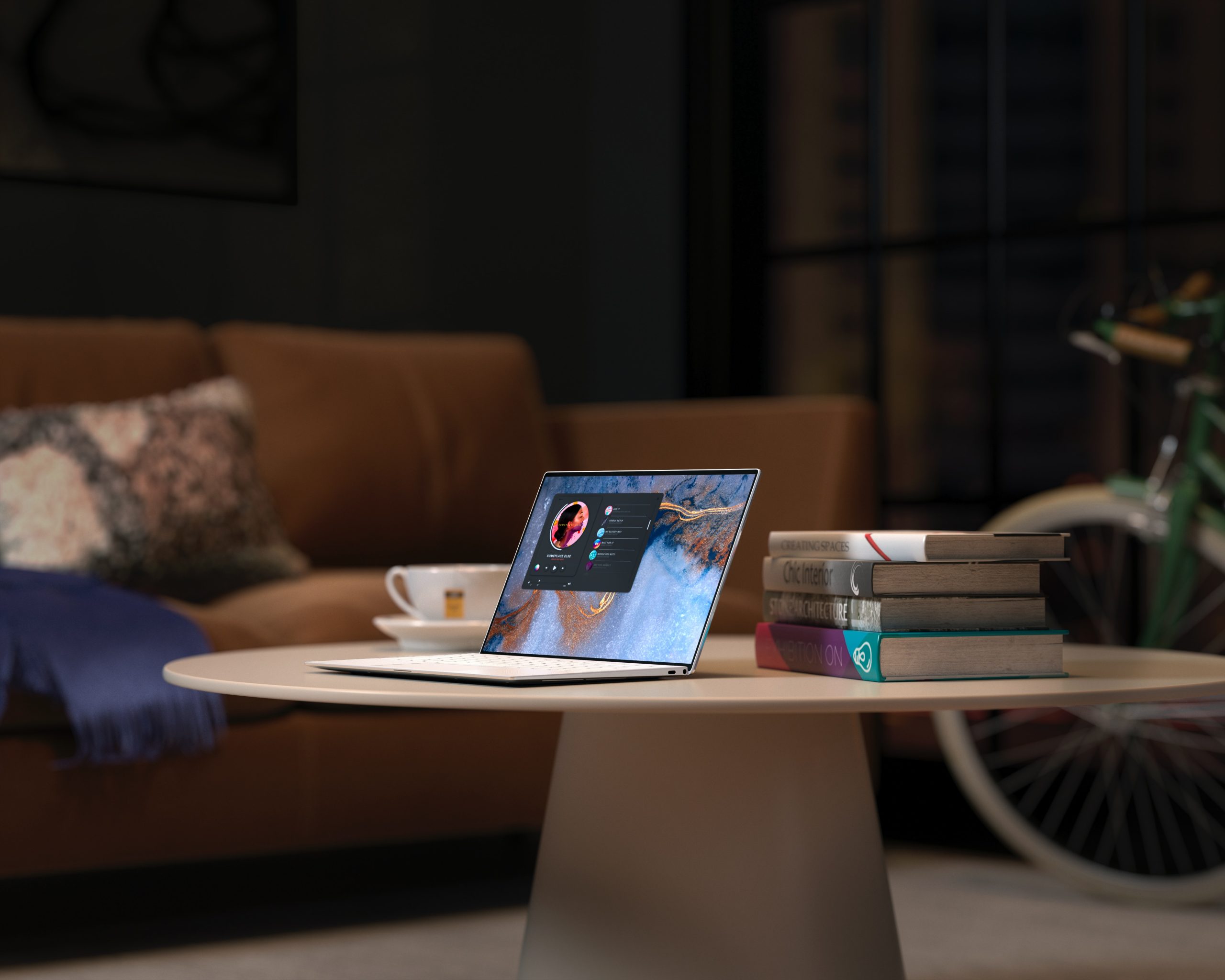Through the crisis I have observed there have been five types of businesses:
- Those who’ve failed
- Those who’ve had to transform to survive
- Those who’ve had to change rapidly due to cracks in their business model
- Those who’ve used the crisis as an opportunity to change
- Those who’ve thrived
Regardless of which of the five you are, the COVID crisis has created a very unique opportunity and potentially once in a lifetime catalyst for change.
With this opportunity however, comes a great deal of uncertainty. Leaders across the globe are currently finding themselves in un-chartered territory, without a single comparable event in modern history to use as a benchmark.
Many of the business leaders and managers I have worked with in the weeks and months since late Spring talk of grappling with huge amounts of pressure, fear and anxiety around the decisions they are currently having to make on a daily basis.
Unsurprisingly in these circumstances, our most natural state as humans and therefore as business leaders is to go into defence mode. Recognising this catalyst, many leaders have sought to make tactical changes by either reducing their cost base, adjusting their structure or even looking to strengthen parts of their business that had been under invested like e-commerce.
Very few have used it as an opportunity to properly re-imagine their business in the context of the new world we are stepping into.
When I say ‘the new world’ I’m not talking about the ‘new normal’ or the other clichés and hackneyed terms and phrases that have become popular, and part of our day to day language since Boris’ fated national address in late March.
I’m talking about a world where the changes required for greater personalisation and flexibility for consumers and employees – who ironically are the same people, have been accelerated by the COVID crisis.
Some will argue that they have responded to these demands by not requiring their people to come back to the office, or perhaps by moving their business to a purely online presence.
Yet when you scratch the surface of these changes, they are not driven by a true, conscious reimagining of the company’s identity, purpose and expected ways of working. In my most cynical times, I suspect that if you checked, it was probably driven more by employee productivity analysis and an analysis of the cost of their real estate.
Catalyst for change of the magnitude of COVID thank goodness don’t come around that often, so now is the time to focus on consciously redesigning your organisation.
But how exactly do we as leaders consciously re-imagine our business? You connect to the fundamental drivers of human behaviour, our human dilemmas. Critically, these human dilemmas are the exact same core motivations that drive both your customers and your employees.
Define your identity
This is more than just brand. It is about the experience that people have in interacting with your company regardless of whether they are customers or employees. This is about aligning the customer and employee experience so that it is consistent regardless of their entry point or their interactions with you. If your outward ‘business persona’ doesn’t reflect the reality of what its really like to work for you, you run the risk of coming across as insincere which is ultimately bad news for business in today’s current climate.
Define your purpose
This isn’t necessarily about having some world saving goal, but it is about defining the contribution that the company makes within society and to those it serves. It is about recognising the impact the collective effort your business and your employees have on the world and those around them.
Defining your ways of working
This is about being clear how people will work within the company, what is expected and how they will work together and with others. It’s about how colleagues and the patterns that will bring the identity and purpose of your business to life.
Though it’s easy to fall back on tried and tested tactics to weather the storm, if we as leaders take a moment to pause and turn negative energy and emotions into positive actions and mindsets, we can foster new opportunities.
If we are bold enough, the current crisis actually provides us with a unique opportunity to throw away the rule book and think of ways a business can consciously reimagine and effect real change around identity, purpose and expected ways of working to drive a positive impact on both the people working within the business, the wider community and ultimately the bottom line.









